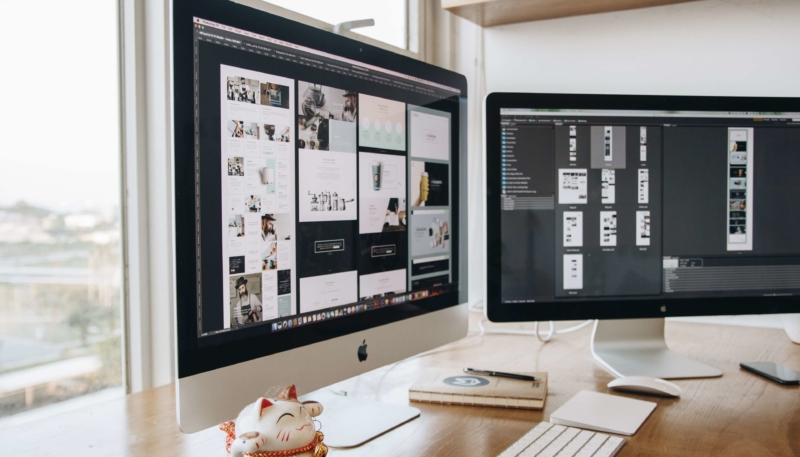Apple Mac is considered a platform that is less vulnerable to hacking and malware compared to Windows. However, despite this reputation for better security and privacy, there are things that Mac users should to be aware to ensure they aren’t putting themselves at risk. In fact, maintaining your privacy and security is just as important on a Mac as it is on any other system.
1. Keep your macOS up-to-date
Although Mac has a great reputation for security, it is important to understand that it is not infallible. Vulnerabilities and zero-day exploits have been discovered for macOS, which means that users must remain vigilant and install patches and updates from Apple as they are made available.
In January 2019, for example, Apple released an update for MacOS Mojave that fixed a number of memory snooping and privilege escalation bugs that permitted Mac computers to be hacked. For this reason, it is important to ensure that your macOS is fully patched and up to date.
2. Update software regularly
Exploits are often discovered for Mac software that allows cybercriminals to perform nefarious activities. In July 2019, an exploit for the popular video conferencing application Zoom was discovered that permitted hackers to turn on victims cameras to snoop on them. This vulnerability was discovered in Mac only not on the Windows version.
Since the vulnerability was discovered, both Zoom and Mac have issued patches and updates to ensure that users are no longer vulnerable. This case is a reminder that just about any program could be found to have a vulnerability. So, always update your software regularly to ensure that you are fully patched against known exploits.
3. Set your System Preferences
Visiting System Preferences to check the Security & Privacy pane will allow you to set up your Mac to be more secure. You can protect yourself by changing the settings in the General, FileVault, Firewall, and Privacy tabs.
In the General tab, we recommend setting a password for your machine. This will stop anybody from gaining unwanted access when you are away from your screen for any period of time. We also recommend disabling automatic login so that a password is necessary to use the computer too, this will stop a thief being able to use your computer if they steal it. To ensure app safety, we also recommend that you only allow apps downloaded from the App Store and identified developers.
Next, visit the FileVault tab and ensure that it is switched on. This will ensure that all your data is encrypted on your hard drive making it vastly more secure. You will need to enter your password to access our files, which you may find inconvenient. However, if you have any reason to protect your data this setting is a must.
In the Privacy tab, you can check to ensure how your macOS and the apps you use are communicating with Apple and third parties. We recommend that you tighten any permissions such as Location Services to ensure you get exactly as much privacy as you need. While you are at it, it is worth checking Safari’s privacy settings also, as these can be tightened too.
In the Firewall tab, we recommend that you ensure your firewall is switched on and that you have Enabled Stealth Mode. This will make your Mac largely invisible on public WiFi networks. However, for full security, while on WiFi you should also get a VPN.
Finally, we also recommend visiting the Sharing tab in System Preferences to ensure that you aren’t oversharing via any channels that you might not be aware of.
4. Get a VPN
Anytime that you connect to the internet, your local network administrator is able to tell what you are doing online. This is also true of your Internet Service Provider, which may retain your web browsing history on behalf of the government or even sell it to third parties for a profit.
In order to gain digital privacy online, it is essential to use a VPN to encrypt all of your data as it comes and goes from the internet. And this is just as important on Mac as it is on Windows, Linux, Android, or iOS. Check out the best vpns for mac here.
A VPN also stops hackers and cybercriminals from stealing your data and personal information when you are connected to public WiFi. So, unless you want to be vulnerable to attacks it is recommended that you always use a VPN when connecting to hotspots in hotels, coffee shops, or elsewhere.


